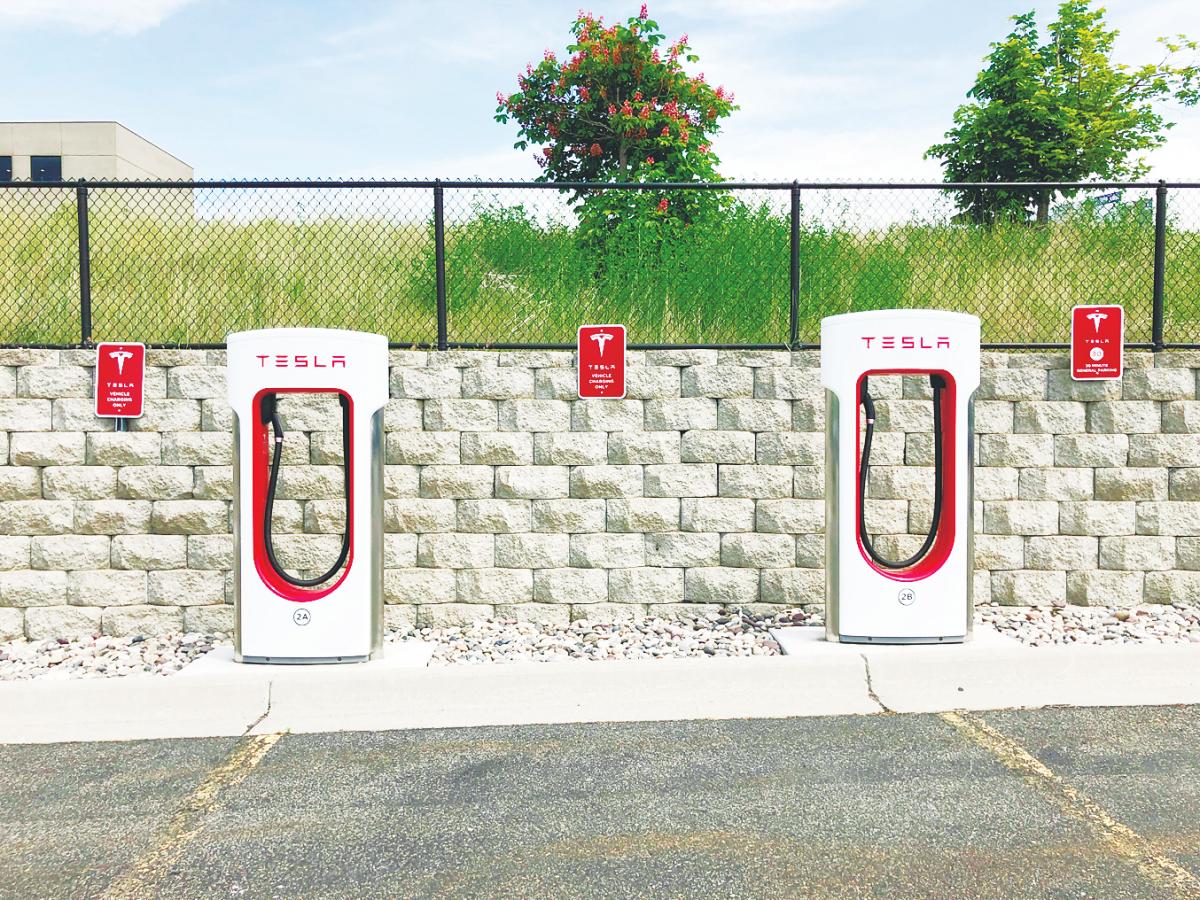SEOUL: South Korea’s LG Energy Solution (LGES) has signed a US$4.3 billion (RM18.2 billion) deal to supply Tesla with energy storage system batteries, said a person familiar with the matter, as the US company looks to reduce reliance on Chinese imports due to tariffs.
The lithium iron phosphate (LFP) batteries will be supplied from LGES’s US factory in Michigan, the person said on condition of anonymity because the details were not public.
LGES announced earlier yesterday that it had signed a US$4.3 billion contract to supply LFP batteries over three years globally, without identifying the customer or saying if they would be used in vehicles or energy storage systems.
The South Korean company said last week it would try to offset sluggish electric vehicle demand by increasing sales of storage batteries thanks to a global surge in demand for power driven by data centres to train artificial intelligence.
“In accordance with our agreement, we are unable to disclose the customer’s identity due to confidentiality obligations,“ LGES told Reuters. Tesla did not immediately respond to a request for comment.
Tesla chief financial officer Vaibhav Taneja said in April that US tariffs had an “outsized” impact on its energy business, since it sources LFP batteries from China.
“We will also be working on securing additional supply chain from non-China-based suppliers, but it will take time,“ he said.
Tesla this week also announced a US$16.5 billion deal to buy chips from Samsung Electronics’ factory in Texas as South Korean companies expand their US presence to meet local demand.
Three South Korean cabinet-level officials met US Commerce Secretary Howard Lutnick in Washington in a push to close a trade deal ahead of an Aug 1 deadline for 25% tariffs on US imports from South Korea to kick in, Seoul said yesterday.
LGES is one of the few US producers of LFP batteries, a battery chemistry long dominated by Chinese rivals that have little presence in the US market.
It started production of LFP batteries at its Michigan factory in May. The company said it was considering converting some electric vehicle battery production lines in the US to cater to energy storage systems in response to slowing EV demand.









